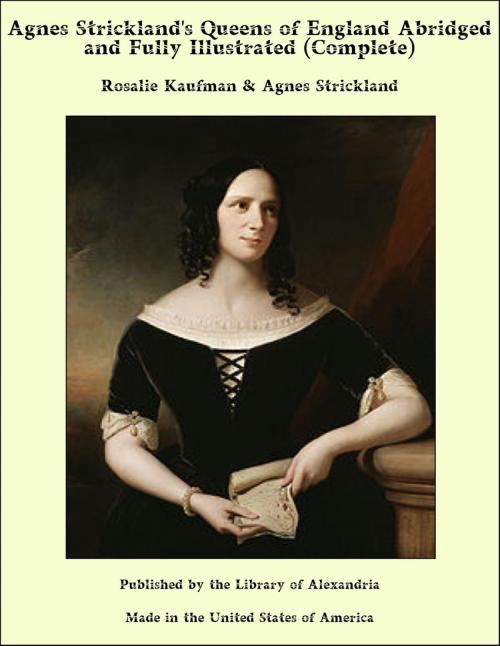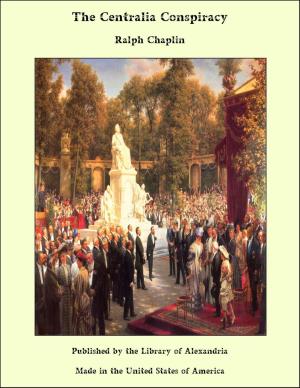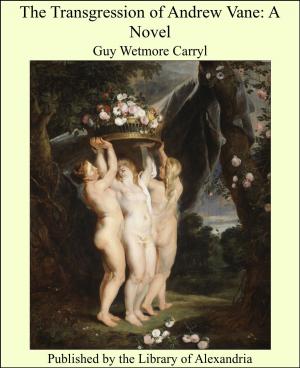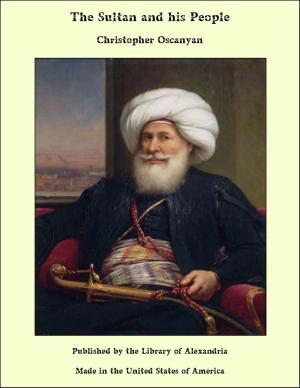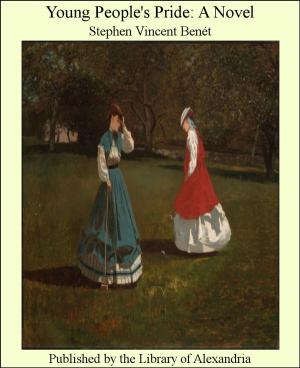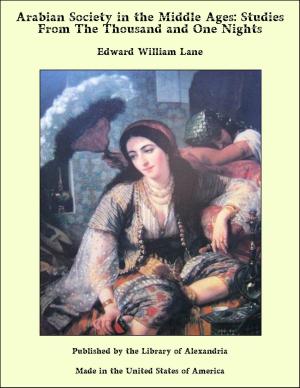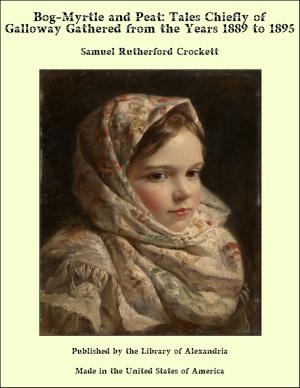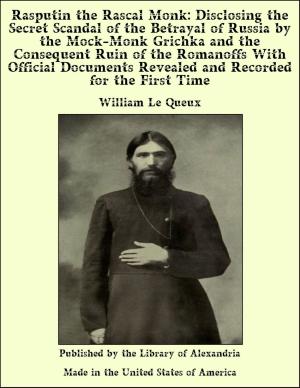Agnes Strickland's Queens of England Abridged and Fully Illustrated (Complete)
Nonfiction, Religion & Spirituality, New Age, History, Fiction & Literature| Author: | Rosalie Kaufman & Agnes Strickland | ISBN: | 9781465606983 |
| Publisher: | Library of Alexandria | Publication: | March 8, 2015 |
| Imprint: | Language: | English |
| Author: | Rosalie Kaufman & Agnes Strickland |
| ISBN: | 9781465606983 |
| Publisher: | Library of Alexandria |
| Publication: | March 8, 2015 |
| Imprint: | |
| Language: | English |
Matilda, wife of the great William, the Conqueror, was an exceedingly handsome woman, and as she had received the best education that was possible in her times, she was as celebrated for her learning as for her beauty. She was, besides, generous and religious, and had all the qualities necessary for the position she was called upon to fill. She was famed for her fancy-work, which was looked upon as one of the most important and desirable occupations for ladies of rank; and any woman who could spin, weave and embroider was considered quite a treasure. Matilda had three cousins who were such skilful needlewomen, that they were sought in marriage by the greatest princes of Europe. Their work has not been preserved, but Matilda's still remains and is called the Bayeux Tapestry. It is the most wonderful achievement in needlework ever accomplished by any woman. But we shall tell more about it, by-and-bye. Matilda's father was Earl of Flanders, a rich, powerful prince, skilled in the arts of peace and war. He was, besides, such a popular man that all the rulers in his neighborhood were anxious to win the hand of his beautiful daughter. Her cousin, William of Normandy, was the most accomplished of them all, and loved her devotedly. He was handsome, brave and talented, and so strong, that, it is said, no man could bend his bow but himself. And he was such a sure marksman, that even when riding at full speed, he seldom missed his aim. It is remarkable that although he was the tallest man in his army, he passed through all his battles without the loss of a drop of blood, until towards the close of his career, when he was wounded by his own son. Strange to say, this young man did not find favor in the eyes of his lady cousin at all; this mortified him so much, that he resolved to win her in spite of herself. He had a rival in a young Saxon nobleman named Brihtric Meaw, who had come to Flanders as ambassador from Edward the Confessor, then on the British throne. This favored gentleman was so fair and light-haired that he was nicknamed "Snow." Matilda loved him in secret, which is probably the reason why she would not listen to her cousin William. But Brihtric Meaw does not seem to have cared particularly for her, and so did not find out what her sentiments were towards him. Thus, quite innocently, he never attempted to court her, and she could not forgive his indifference. Still her mind was filled with him, and this made her treat William coldly. He was not to be baffled, however, but courted her through seven long and tedious years. At last he became impatient, so one day when Matilda was going home from church, he managed to meet her, as lovers will. Perhaps she was more unkind to him than usual and made him angry, otherwise I do not know how to account for his behavior on that occasion, but he seized hold of her, rolled her in the dirt, then actually beat her. Before she had time to call for help, after she had recovered from her surprise, he jumped on his horse, and rode off as fast as he could go.
Matilda, wife of the great William, the Conqueror, was an exceedingly handsome woman, and as she had received the best education that was possible in her times, she was as celebrated for her learning as for her beauty. She was, besides, generous and religious, and had all the qualities necessary for the position she was called upon to fill. She was famed for her fancy-work, which was looked upon as one of the most important and desirable occupations for ladies of rank; and any woman who could spin, weave and embroider was considered quite a treasure. Matilda had three cousins who were such skilful needlewomen, that they were sought in marriage by the greatest princes of Europe. Their work has not been preserved, but Matilda's still remains and is called the Bayeux Tapestry. It is the most wonderful achievement in needlework ever accomplished by any woman. But we shall tell more about it, by-and-bye. Matilda's father was Earl of Flanders, a rich, powerful prince, skilled in the arts of peace and war. He was, besides, such a popular man that all the rulers in his neighborhood were anxious to win the hand of his beautiful daughter. Her cousin, William of Normandy, was the most accomplished of them all, and loved her devotedly. He was handsome, brave and talented, and so strong, that, it is said, no man could bend his bow but himself. And he was such a sure marksman, that even when riding at full speed, he seldom missed his aim. It is remarkable that although he was the tallest man in his army, he passed through all his battles without the loss of a drop of blood, until towards the close of his career, when he was wounded by his own son. Strange to say, this young man did not find favor in the eyes of his lady cousin at all; this mortified him so much, that he resolved to win her in spite of herself. He had a rival in a young Saxon nobleman named Brihtric Meaw, who had come to Flanders as ambassador from Edward the Confessor, then on the British throne. This favored gentleman was so fair and light-haired that he was nicknamed "Snow." Matilda loved him in secret, which is probably the reason why she would not listen to her cousin William. But Brihtric Meaw does not seem to have cared particularly for her, and so did not find out what her sentiments were towards him. Thus, quite innocently, he never attempted to court her, and she could not forgive his indifference. Still her mind was filled with him, and this made her treat William coldly. He was not to be baffled, however, but courted her through seven long and tedious years. At last he became impatient, so one day when Matilda was going home from church, he managed to meet her, as lovers will. Perhaps she was more unkind to him than usual and made him angry, otherwise I do not know how to account for his behavior on that occasion, but he seized hold of her, rolled her in the dirt, then actually beat her. Before she had time to call for help, after she had recovered from her surprise, he jumped on his horse, and rode off as fast as he could go.
